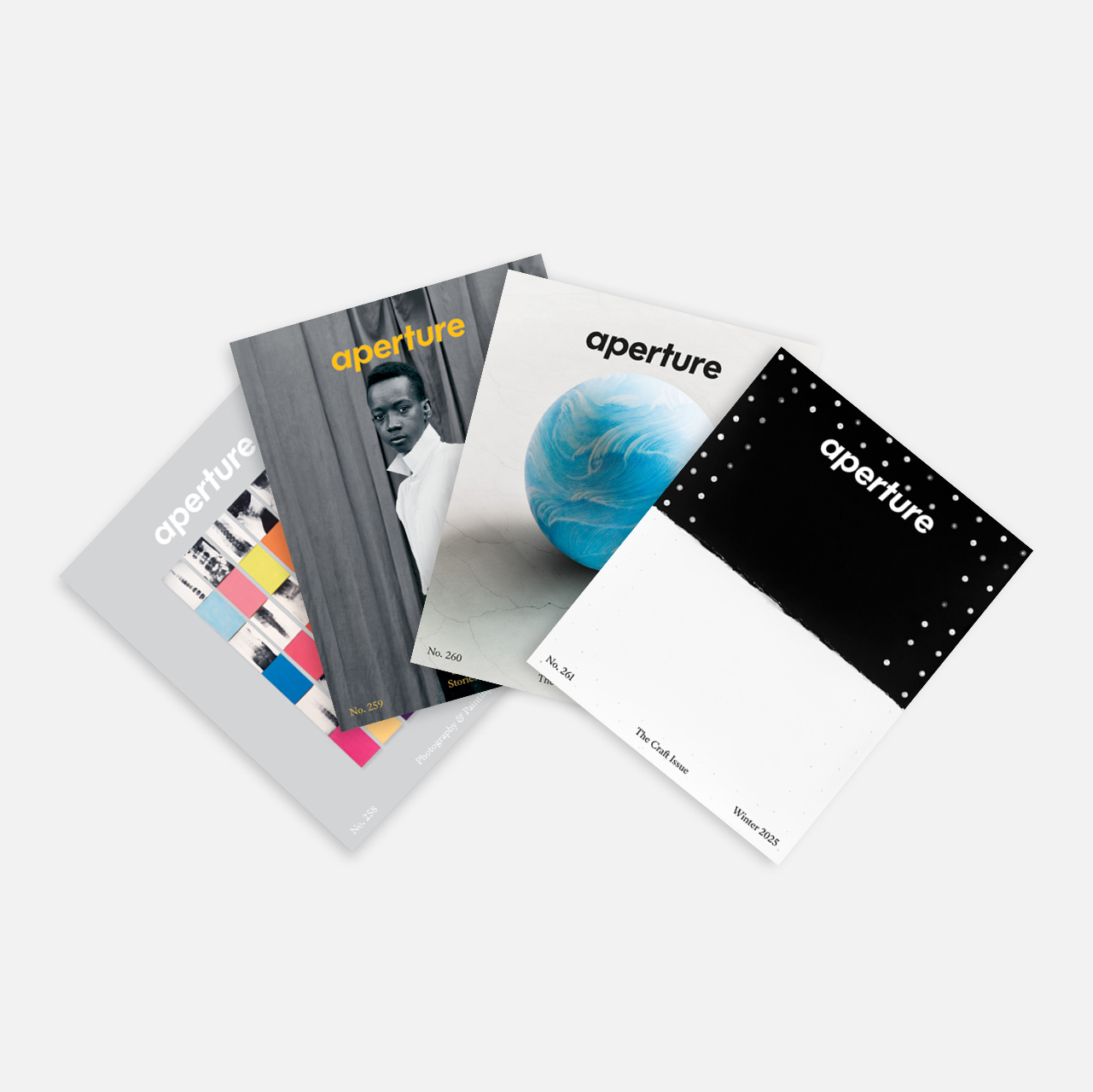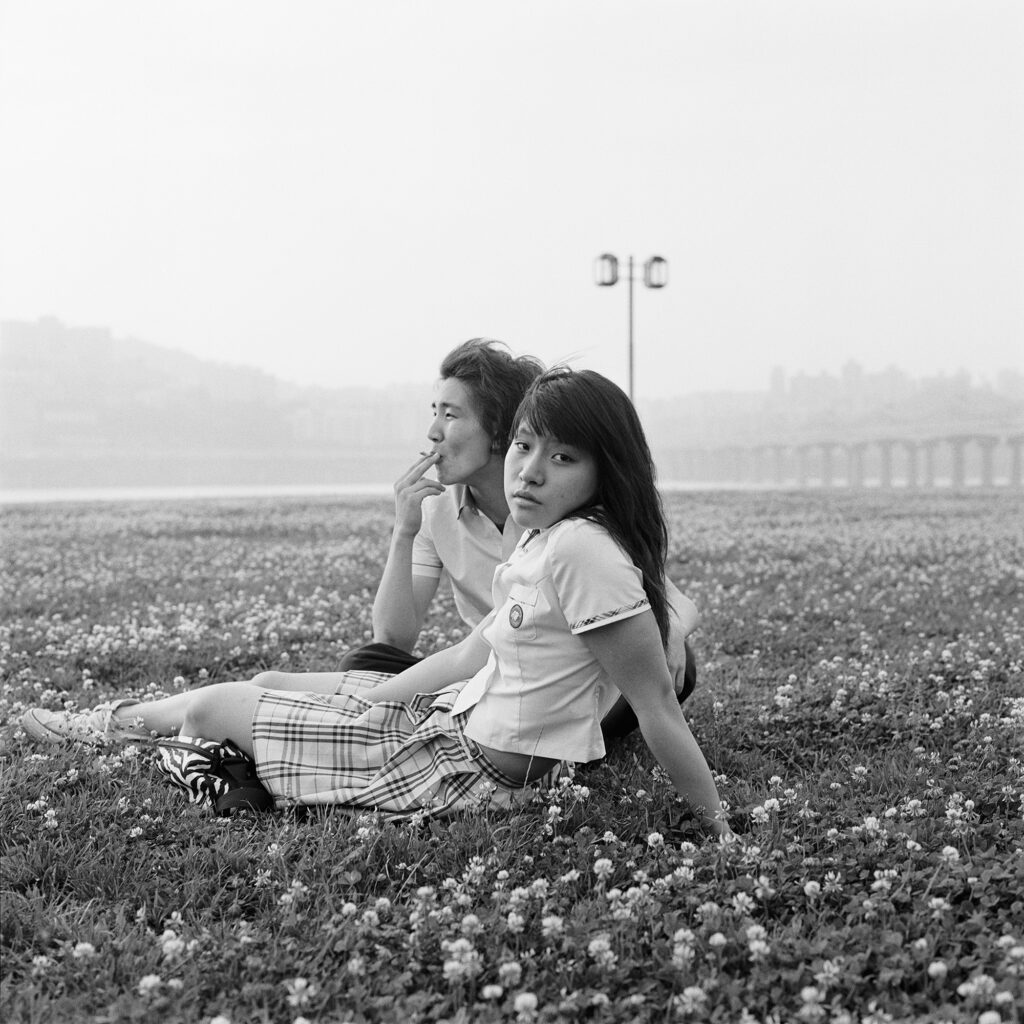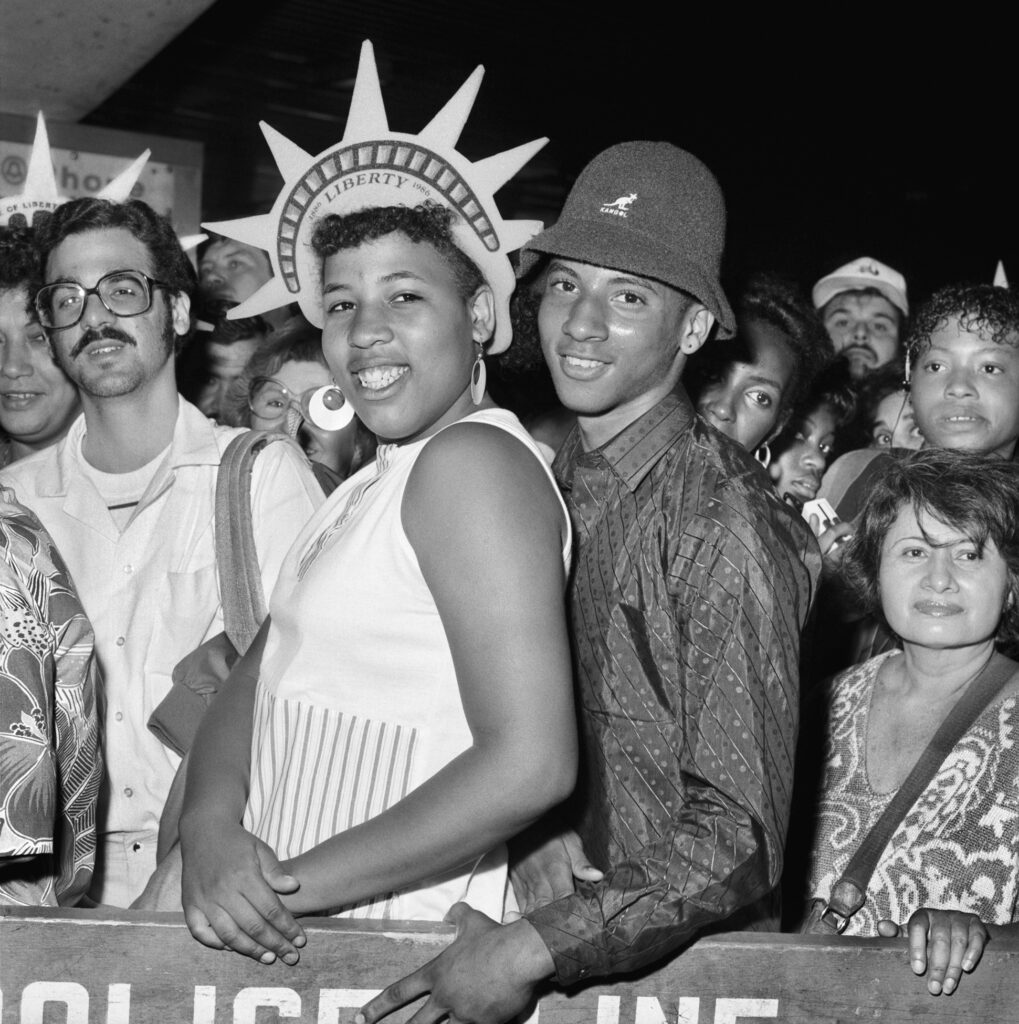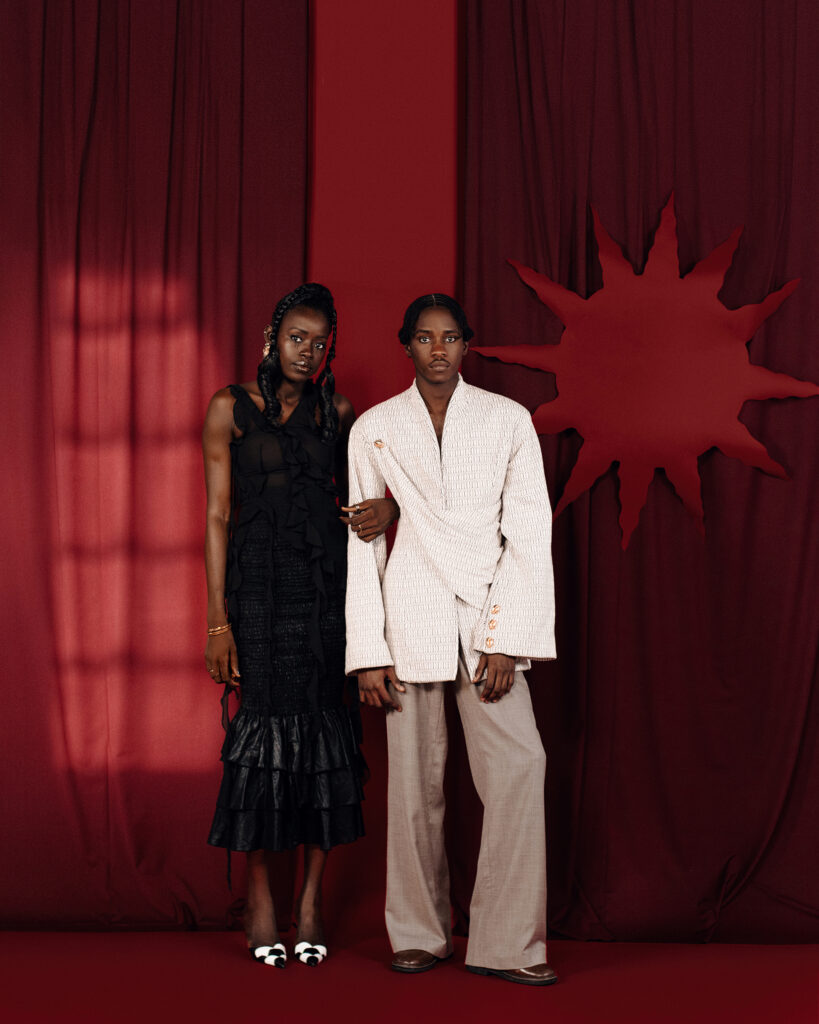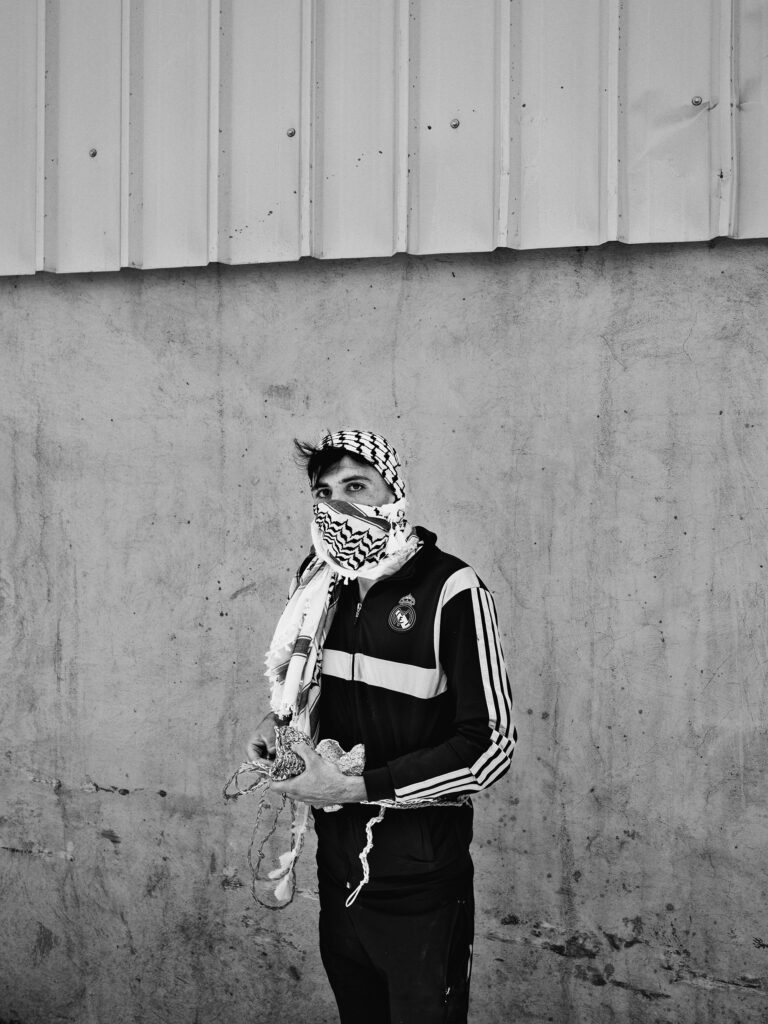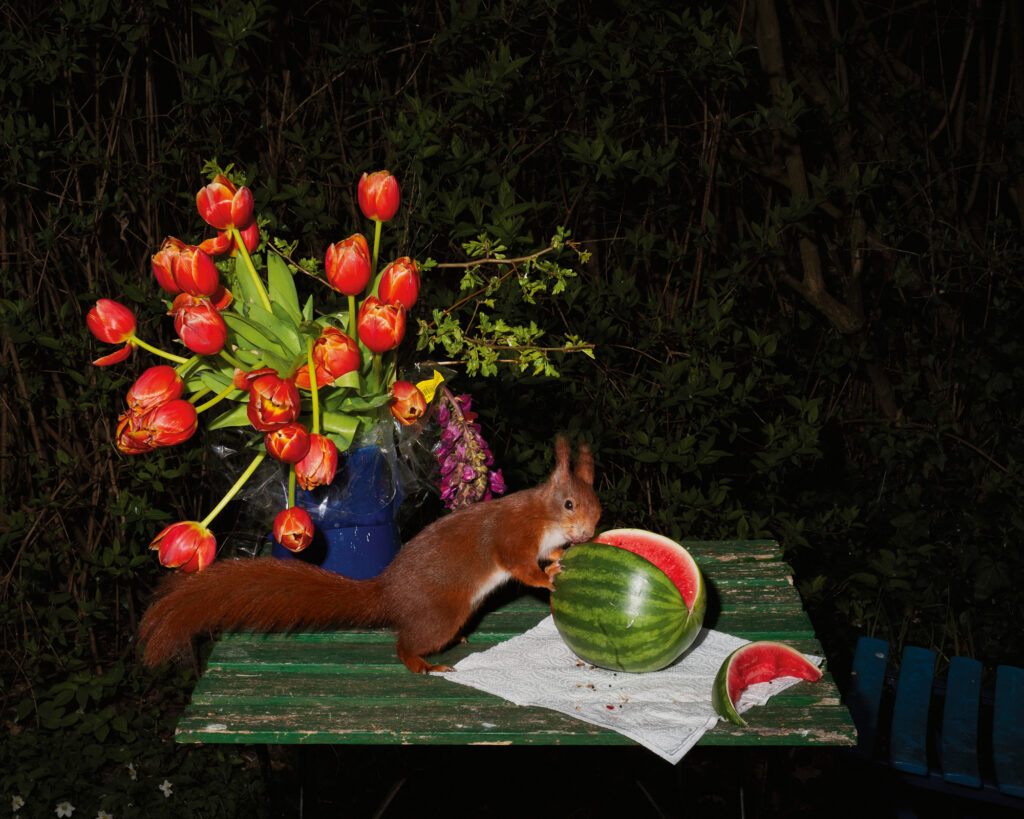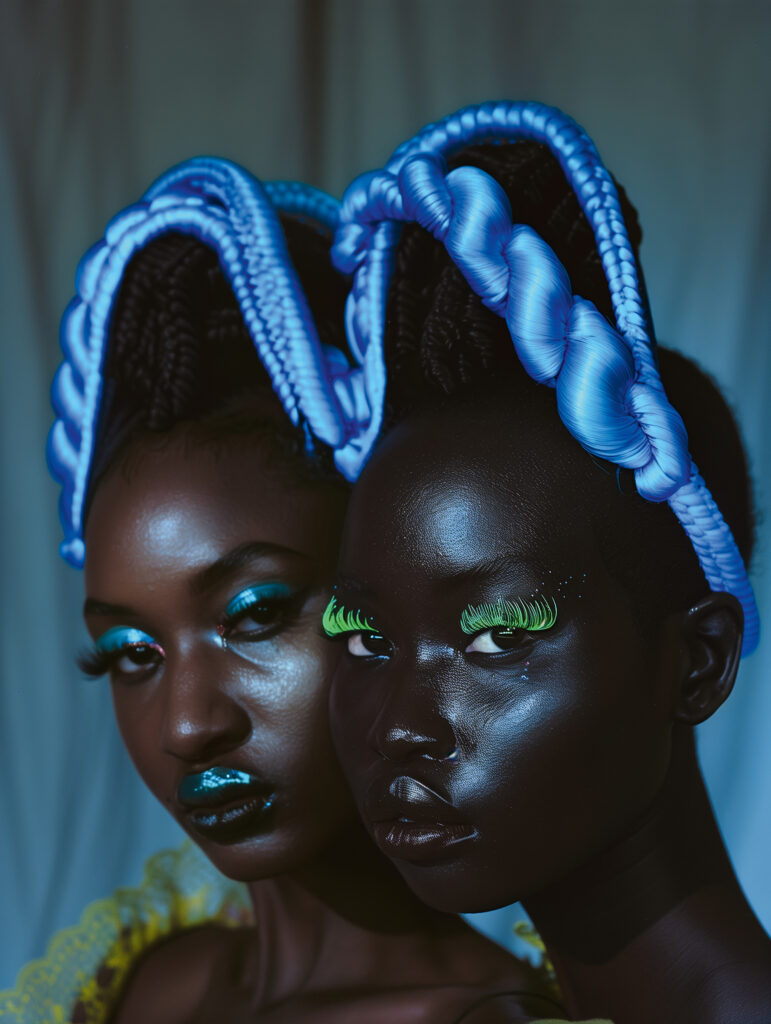Portfolios
Carlos Idun-Tawiah’s Retro-Inspired Vision of Ghanaian Youth
Incorporating his experience with fashion photography, Idun-Tawiah’s images combine stylized flair with the intimacy of personal pictures.
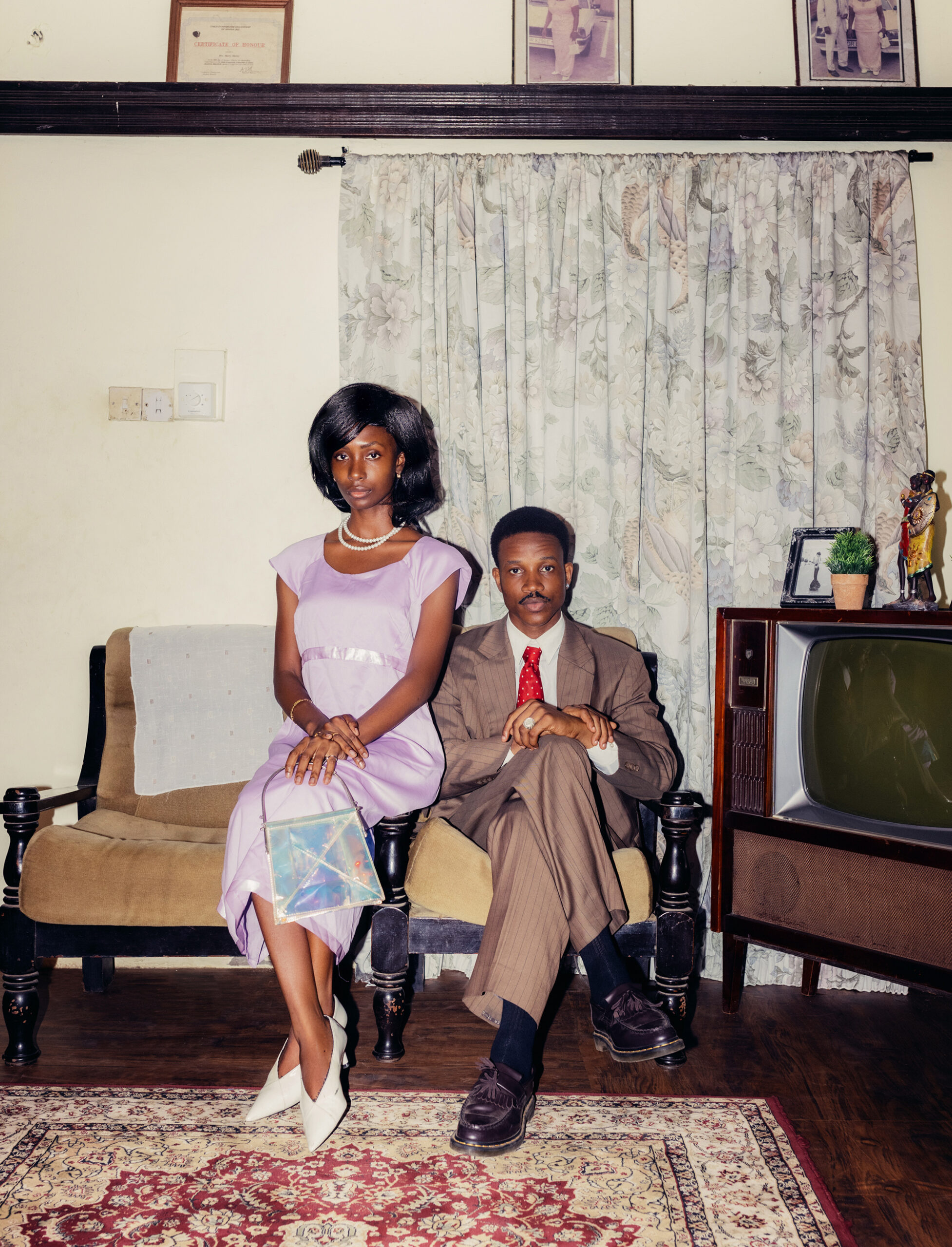
Family albums are the starting point of the series Sunday Special (2022) by Carlos Idun-Tawiah, who draws on the semiotics of earlier Ghanaian photographers’ work to create his own visual language. It’s a language that resonates with a bygone time but is also deeply contemporary. Incorporating his experience with fashion photography, from Vogue to GQ to Harper’s Bazaar, Idun-Tawiah’s photographs emit the highly stylized tone of editorial spreads and, at the same time, the intimacy of personal pictures of friends and loved ones.
Idun-Tawiah who is based in Accra, was born in 1997, exactly forty years after Ghana’s independence. His vision is steeped in nostalgia—both personal (depictions of young people attending school, visiting the barber, playing soccer, or going to church) and collective (poses, fashions, and hairstyles). He conjures visceral recollections held in his memory yet out of reach. The photographer does this not just through his aesthetic approach but by constructing whole stories, biographies, and characters, by bringing in costumes and sets, and by having his subjects freely inhabit the roles they are playing. These scenes have, both in composition and intent, a multilayered and multifaceted resonance.
Aperture Magazine Subscription
0.00
While images by Ghana’s twentieth-century photography pioneers typically served one purpose—documentation or representation—Idun-Tawiah’s pictures, with their self-conscious referencing and intentionality, go beyond that singular role. He describes his new work as a requiem to moments of his past, inspired by photographers from Africa’s visually rich history, such as James Barnor, Malick Sidibé, Seydou Keïta, and Felicia Abban—Ghana’s first female professional photographer— along with US photographers including Roy DeCarava, Gordon Parks, Alex Webb, and Alec Soth. He is especially interested in vernacular portraiture, and aims, he says, to put the “emotion- forward” quality of films into his pictures, using style and scenery to establish settings in which his subjects act and move freely in what he terms “photographic biopics.”
In 2007, I curated an exhibition of Barnor’s photographs at the Black Cultural Archives in London, one of the earliest shows of his work, and in 2017 I organized the first public presentation of Abban’s images, at ANO Institute of Arts and Knowledge, in Accra. I also undertook the digitization of the archives of these two artists so that young photographers would be able to draw on their work and not constantly have to look outside our own stories for inspiration, for foundation. Idun-Tawiah’s photography is not just a testament to his forebears but an expansion, a deepening. Through its beautifully drawn reflections of our being it reveals the evolution of our modernity.
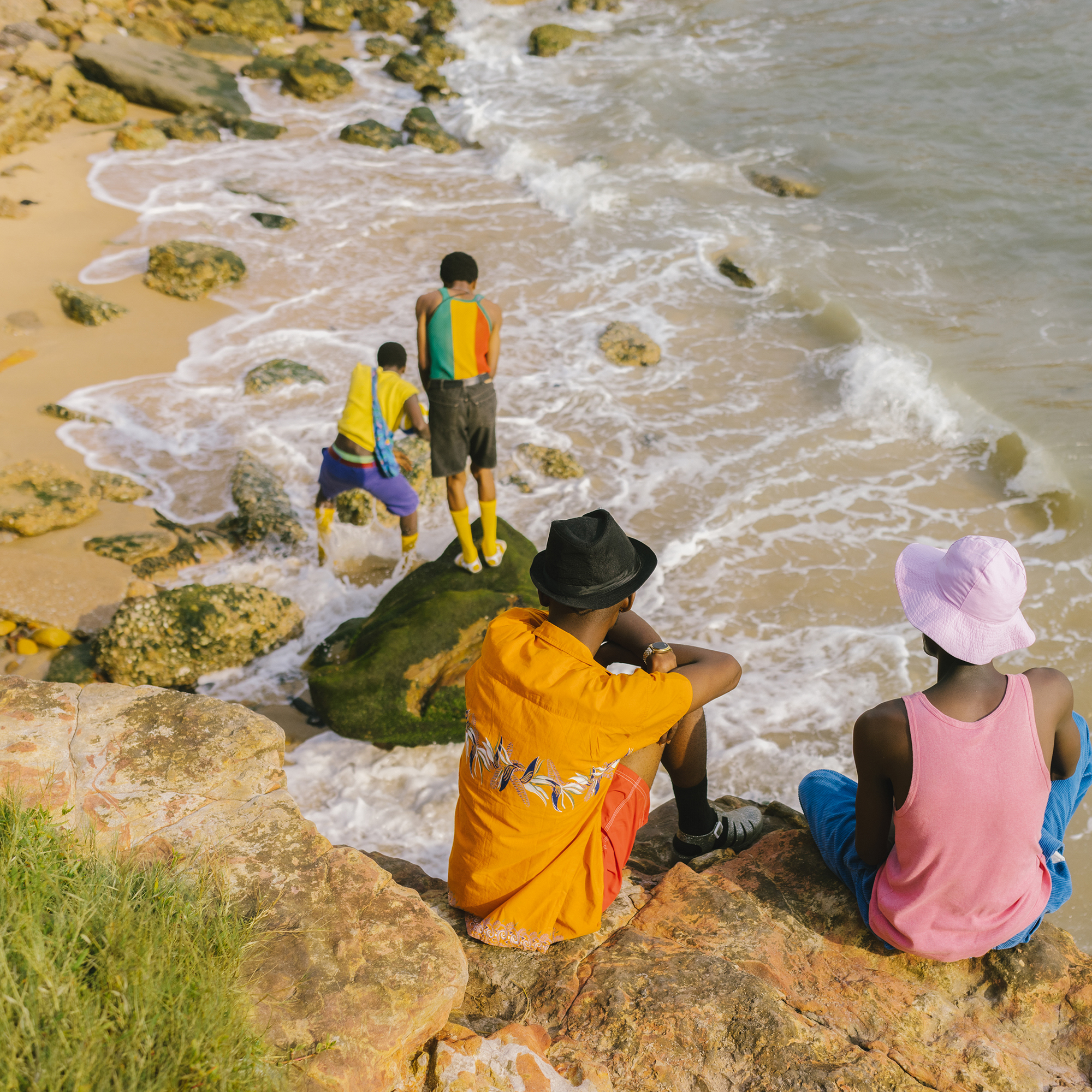
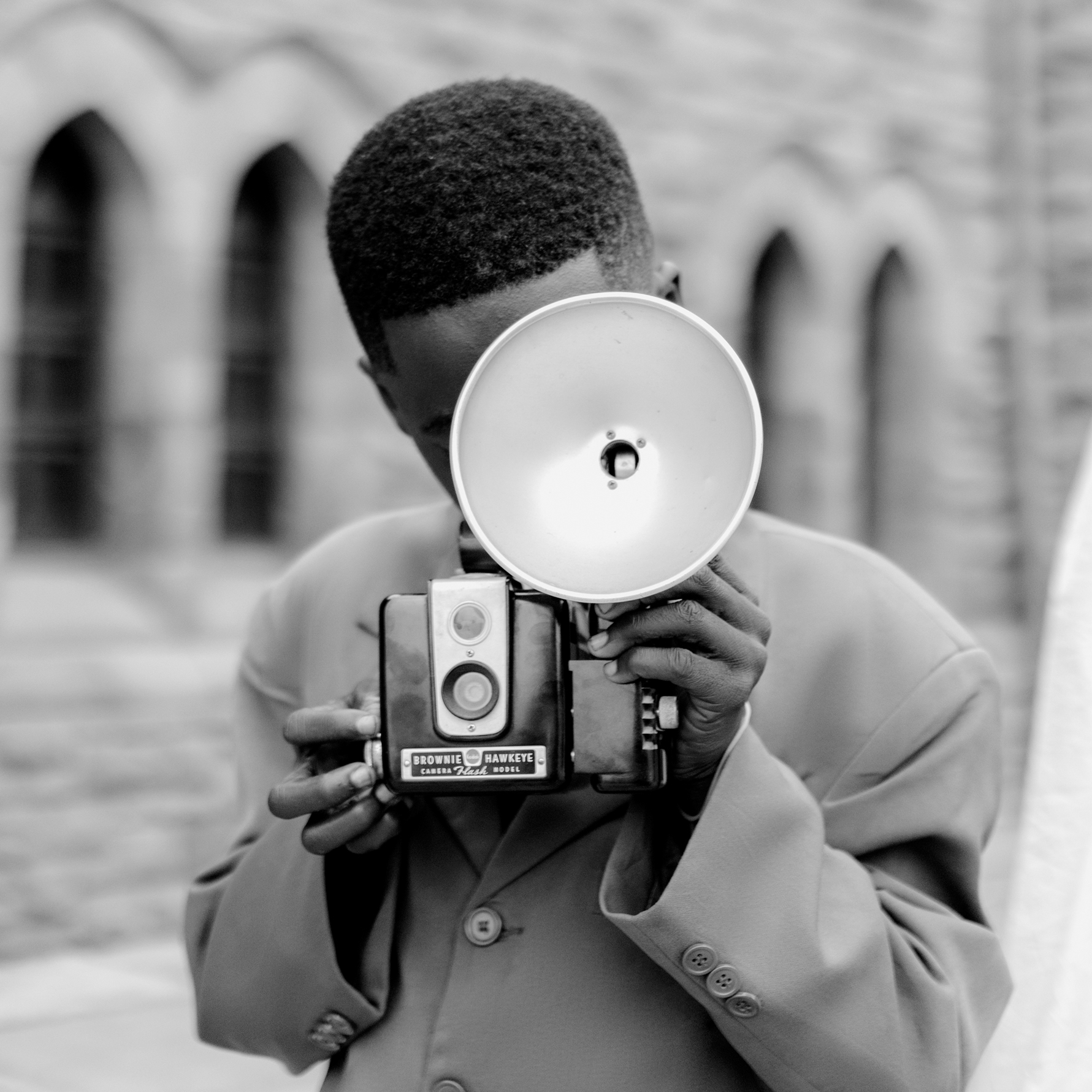
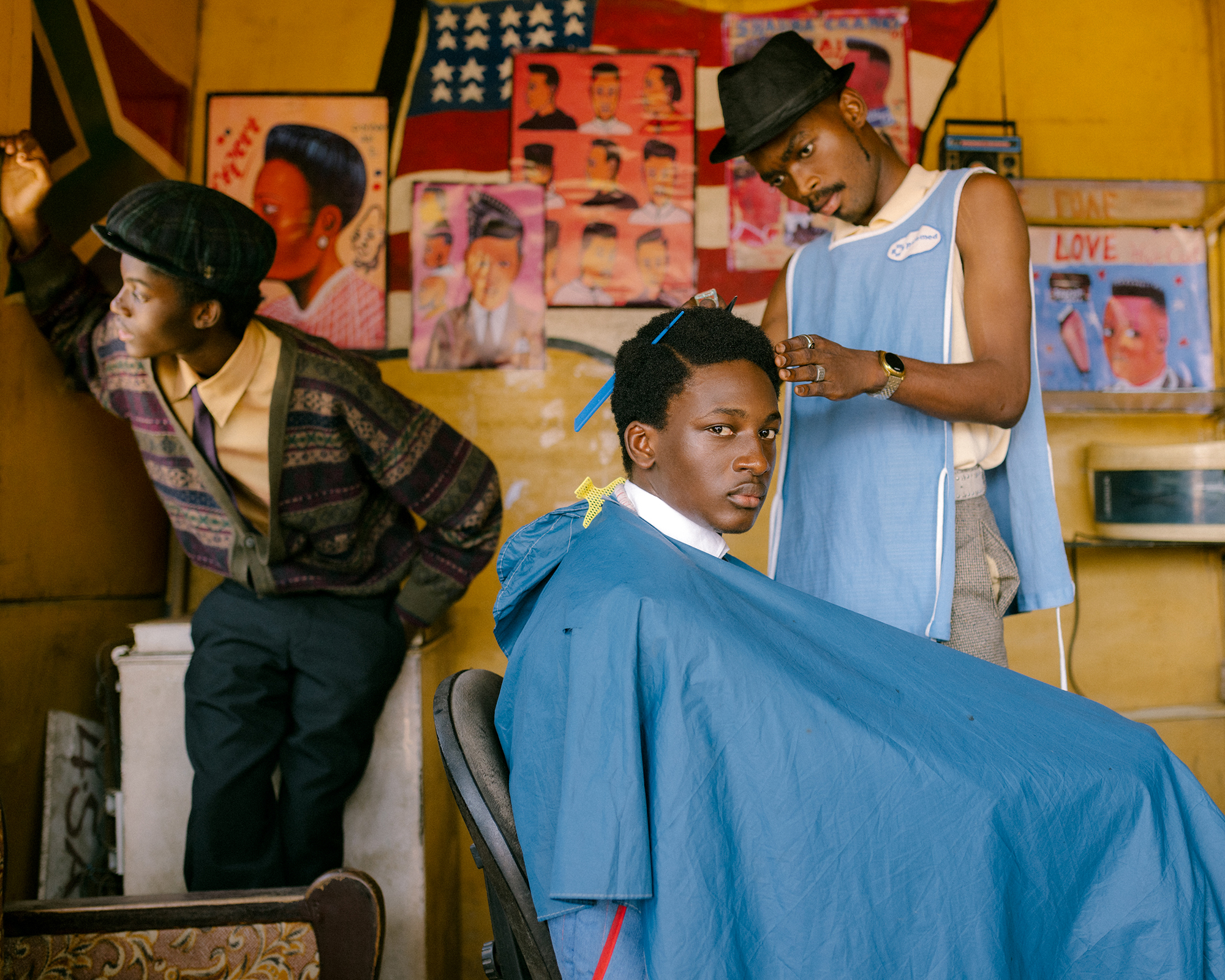
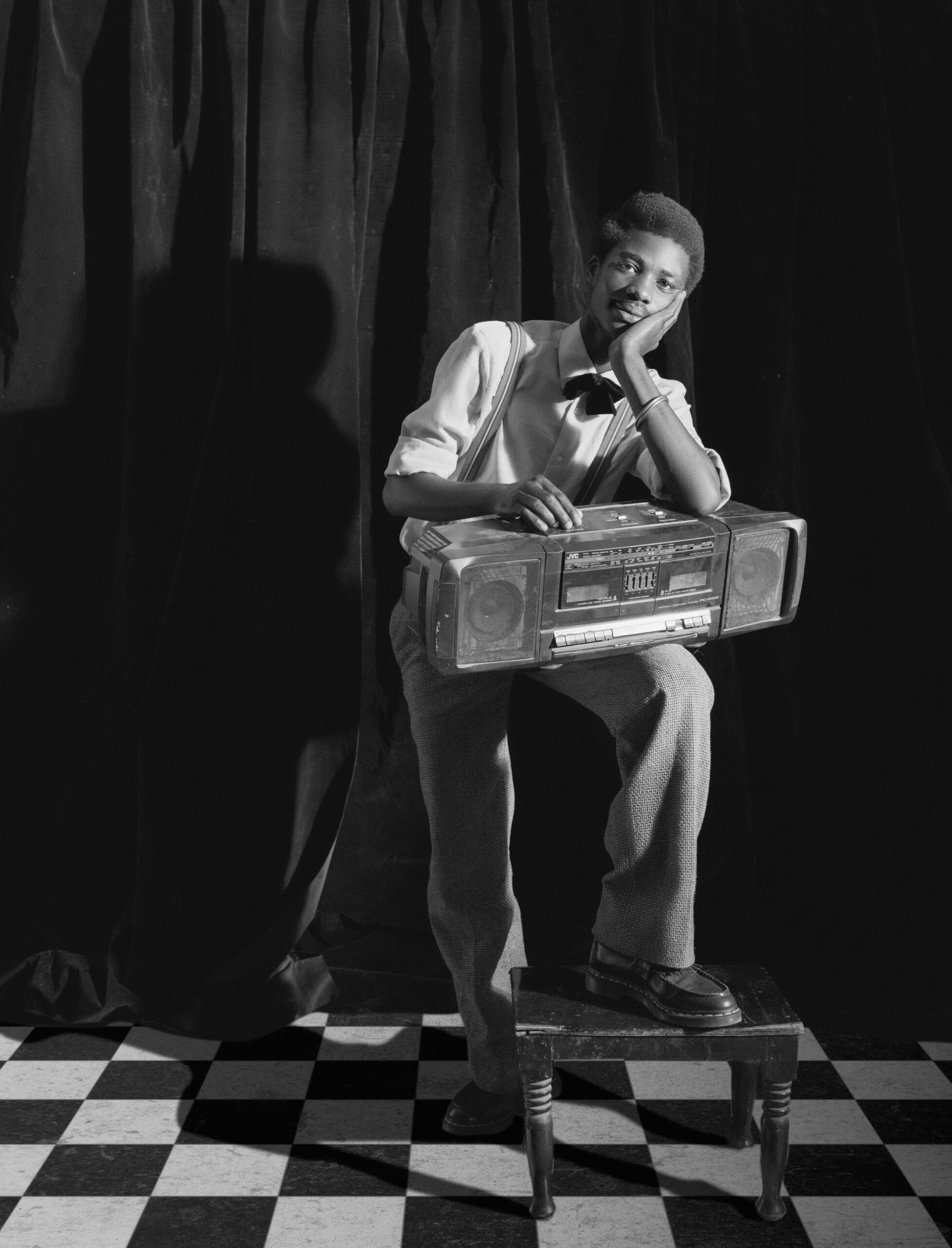
All photographs courtesy the artist
This article originally appeared in Aperture, issue 252, “Accra.”
Carlos Idun-Tawiah’s photographs are on view September 8-10 at the 2023 Armory Show in New York.


